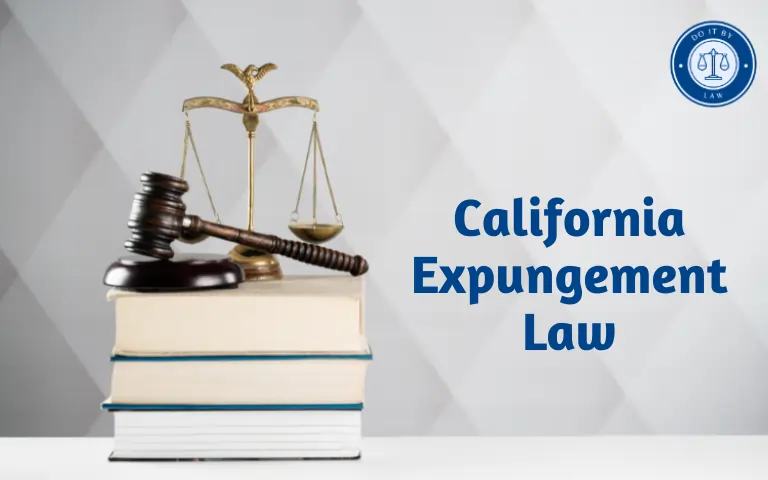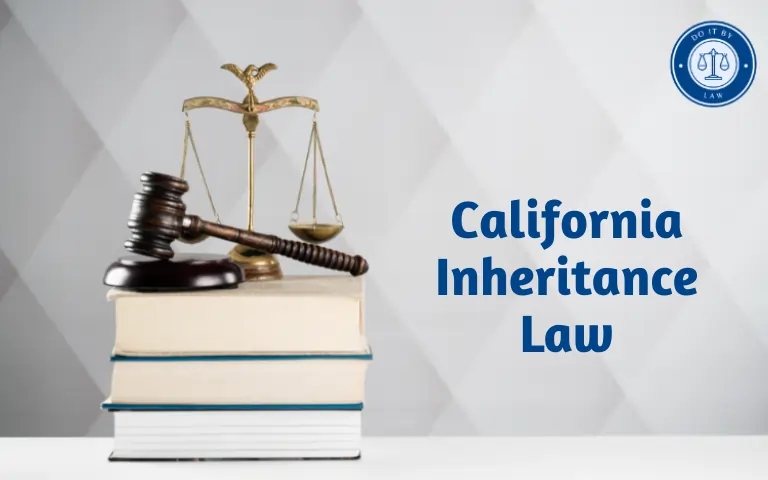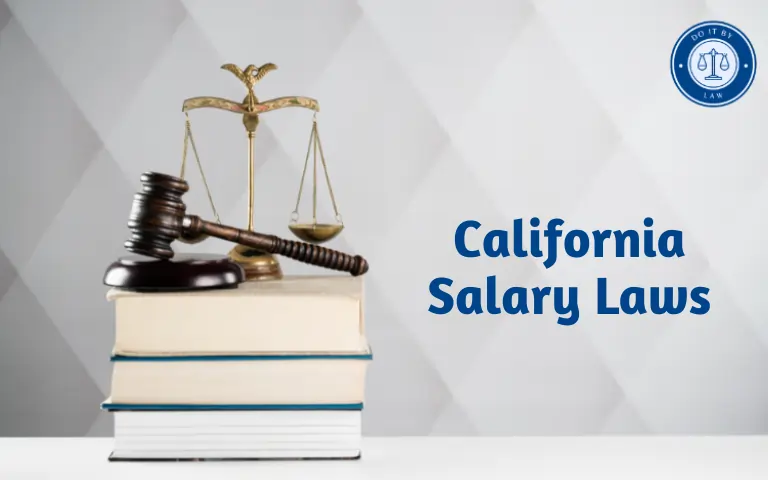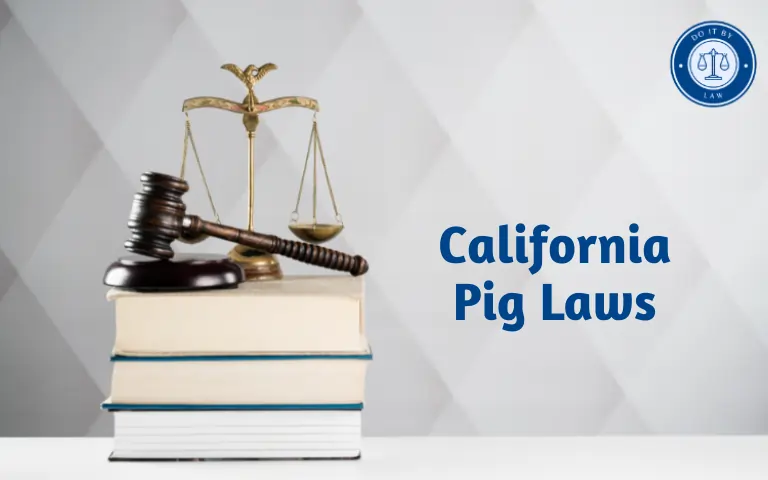California Expungement Law: What You Need to Know
California State has an expungement law that allows people convicted of certain crimes to have their criminal records cleared if they meet specific requirements. This article provides a comprehensive overview of California Expungement Law, outlining key details like when it was enacted, who it applies to, what the process entails, recent changes, controversies, and more.
Background of California Expungement Law
California’s expungement law first took effect in 1979. The purpose was to give people with past minor convictions a second chance by removing obstacles to finding employment, housing, education, and other opportunities. Over the decades, the law has been updated through new legislation and court rulings to expand eligibility and clarify certain provisions.
Who Does California Expungement Law Apply To?
California’s expungement law applies to both juveniles and adults. For adults, it covers many types of misdemeanor and felony offenses, though some serious violent felonies are ineligible. Offenses like minor drug possession, theft, fraud, and vandalism often qualify. The exact eligibility criteria depend on factors like the sentence served, probation completion, and time since the last conviction.
For juveniles, the law is more expansive, allowing expungement of offenses like robbery, assault with a deadly weapon, and others which would typically permanently prohibit expungement for adults.
Key Provisions of California Expungement Law
Here are some of the most important components of California’s expungement law that applicants should understand:
Waiting Periods
There is typically a waiting period of 1 to 10 years after a conviction before one can apply to have the record expunged. This depends on the offense, sentence, and other factors. The waiting period ensures the applicant has maintained a clean record for a reasonable time.
Type of Court Relief
California has two main forms of expungement relief – dismissal and redesignation. Dismissal nullifies the conviction fully. Redesignation leaves the conviction intact but withdraws penalties like probation terms and lessens the impact on public records. Offenses like DUIs generally qualify for redesignation only.
Limits on Number of Expungements
While there is no lifetime limit on the number of expungements a person can receive, the law restricts applying more than once per year in most cases. There are also sometimes limits on expunging multiple convictions from the same case simultaneously.
Probation Requirements
If sentenced to probation for an offense, the applicant usually must complete probation successfully and get the court’s verification before the record can be cleared. This demonstrates rehabilitation.
Fees
There is a standard fee for filing an expungement petition, though waivers are available for those facing financial hardship. Additional costs may apply for related legal help and record clearance services.
Burden of Proof
The applicant seeking expungement bears the burden of proof to show they meet the eligibility criteria. Collecting supportive evidence and presenting one’s case is key.
Penalties for Violating Expungement Orders
If an expungement order is granted, the petitioner must follow all terms, like completing any probation period if applicable. Additionally, they must truthfully disclose the expunged conviction history if asked under oath, on employment applications, etc. Violating expungement orders can lead to them being reversed and even facing charges for perjury or false representation.
Recent Changes and Proposed Updates to California Expungement Law
California’s expungement law sees new legislation introduced frequently to expand relief opportunities. Some of the most recent changes and proposals include:
- AB 1076 (2019) – Reduced eligibility waiting periods for many common offenses. Allows record sealing for most misdemeanor convictions after 1 year and felony convictions after 2 years.
- AB 1276 (2021) – Established automatic conviction record relief for eligible individuals without requiring them to file a petition.
- AB 1171 (2021) – Opened pathway to the sealing of convictions for almost all felonies after 4 years of good behavior, except those requiring sex offender registration.
- AB 2306 (2022) – Proposed further expanding automatic conviction relief and reducing waiting periods to 3 years for serious felonies like robbery and assault.
Controversies and Challenges With California Expungement Law
While most view California’s expungement law as a positive, some aspects spur debate, like:
- Repeat Offenders – Critics argue the current rules allow those with lengthy criminal histories to wipe records clean too easily, posing public safety risks. Others contend denying reformed individuals a second chance hinders rehabilitation.
- Violent Crimes – Making serious violent felonies eligible for record-clearing relief is controversial. Supporters believe this removes barriers for past offenders seeking to become productive members of society. Opponents counter that the public deserves access to the full history.
- Racial & Economic Bias – Studies suggest people of color and those from poor communities are most burdened by conviction histories yet often have the least access to expungement relief resources. There are calls to reform rules to make the process more equitable.
Conclusion & Next Steps
California’s expungement law gives qualifying residents with conviction histories an opportunity to clear eligible records after completing sentences and remaining crime-free for a set number of years thereafter. Interested applicants should review the current rules to see if they meet the requirements. An expungement lawyer can also help analyze one’s specific case. Successful record clearance can open doors to jobs, housing, education, and more. With recent expansions of the law, many more people stand to benefit from this vital chance for a fresh start.
what is the process for filing for California Expungement Law
Based on the search results, here are the key steps for filing for expungement in California:
- Obtain a copy of your criminal record (RAP sheet) to review eligibility based on your conviction details.
- Complete any probation or parole sentences that were imposed. Pay all fines, fees, and victim restitution ordered by the court.
- Determine and complete the necessary petition forms – typically a Petition for Dismissal (form CR-180) and an Order for Dismissal (form CR-181). Supplemental forms may be required depending on the type of offense.
- File the completed forms at the superior court in the county where you were convicted, along with filing fees or a request for a fee waiver if eligible. This officially starts the expungement process.
- If a court hearing is scheduled, attend and be prepared to provide any evidence or testimonies needed to support your expungement request. The judge will assess your eligibility.
- If the expungement is granted, serve copies of the signed court order to all relevant law enforcement and justice agencies per the court’s instructions.
The process can take 4-5 months from filing a petition to getting a final expungement order. Seeking legal assistance from an attorney knowledgeable about California expungement law is recommended to increase the chances of success.
what happens after an expungement is granted in California
Based on the search results, here is a summary of what happens after an expungement is granted in California:
- The court enters a plea of “not guilty” or sets aside your previous guilty/no contest plea or conviction. The case dismissal is ordered and the conviction is set aside in the court records.
- Your criminal record is updated to show the case dismissal rather than conviction. The charges are essentially nullified going forward.
- You can legally deny having been convicted when asked on employment/housing applications, with certain exceptions like law enforcement jobs. Employers cannot discriminate or seek details on expunged cases.
- Expunged convictions generally cannot be used to impeach your credibility as a witness in court. Some exceptions may apply.
- Obtaining professional licenses and certain public benefits may become easier with an expunged record.
- For felony convictions, it restores your right to vote, serve on a jury, and own/possess firearms in most cases.
- You must still disclose expunged convictions if testifying under oath or as required by state licensing agencies, immigration officials, etc. Violating terms may lead to perjury charges or expungement reversal.
an expungement provides a chance at a fresh start by clearing the conviction history with some ongoing responsibilities. Details may vary case by case.
difference between an expunged record and a sealed record in California
Based on the search results, the main differences between an expunged record and a sealed record in California are:
- Expungement removes the conviction from your criminal record completely while sealing simply hides the record from public view.
- Expungement can only be done for convictions while sealing can be done for arrests that did not lead to convictions.
- Sealed records can still be accessed by some government agencies and law enforcement, but expunged records are essentially destroyed.
- Those with expunged convictions can legally deny having a record in most situations, while sealed records still need to be disclosed in some circumstances.
- Expungement restores some rights lost with a conviction, like voting and firearm ownership rights. Sealing does not restore such rights.
expungement essentially erases the conviction as though it never happened, while sealing just makes the record confidential from the public but still accessible by officials in some cases. Expungement provides the cleanest slate.
can an expunged record be accessed by California Expungement Law
Based on the search results, an expunged record generally cannot be accessed or used against someone by most private employers in California when making hiring decisions.
Specifically:
- California Labor Code 432.7 prohibits employers from asking about or seeking records for arrests that did not lead to convictions, participation in diversion programs, and convictions that have been judicially dismissed, expunged, or ordered sealed.
- There are exceptions for certain jobs requiring government licensing/contracts, security clearances, and working with vulnerable groups where employers may still access expunged records.
- For most other private employers, background checks they conduct cannot include dismissed misdemeanors or older infractions/felonies, so expunged convictions are usually not visible.
- If an employer does somehow find out about an expunged conviction, they cannot use it to deny employment or licensing under CA laws. Doing so can risk fines and damages.
So in summary, an expunged record is generally inaccessible and cannot be held against applicants by most private employers in California, with some exceptions for certain industries. Applicants can legally deny the existence of an expunged conviction when asked on job applications.
Step-by-Step Guide on How to Get Your Criminal Record California Expungement Law
Getting your criminal record expunged in California can be confusing. Here is a step-by-step guide to help you navigate the process:
Step 1: Determine If You Are Eligible
Review the expungement eligibility requirements for California. These depend on factors like your conviction offense(s), sentence, time since offense, compliance with probation terms if applicable, and record since conviction.
Step 2: Obtain Your RAP Sheet
Request your California RAP sheet to review your full criminal history report from the DOJ and FBI. This helps determine expungement eligibility for specific convictions.
Step 3: Complete Expungement Petition Forms
Fill out all required expungement forms fully and accurately, including the CR-180 petition and CR-181 order. Supplemental forms may be needed for felony, juvenile, or domestic violence offenses.
Step 4: File Forms at Court
Submit completed, signed expungement petition forms to the court in the county where the conviction occurred, along with filing fees or a fee waiver request. This officially starts the process.
Step 5: Attend Court Hearing
If a hearing is scheduled, attend court on the specified date prepared to answer the judge’s questions and provide any evidence needed to support your expungement request.
Step 6: Serve Expungement Order
Once the court grants the expungement, serve copies of the final signed order to relevant law enforcement and justice agencies per instructions.
Step 7: Verify Record Clearance
After 60 days, verify your convictions were updated or removed from your records at the court, DOJ/FBI, and other applicable background check sources.







